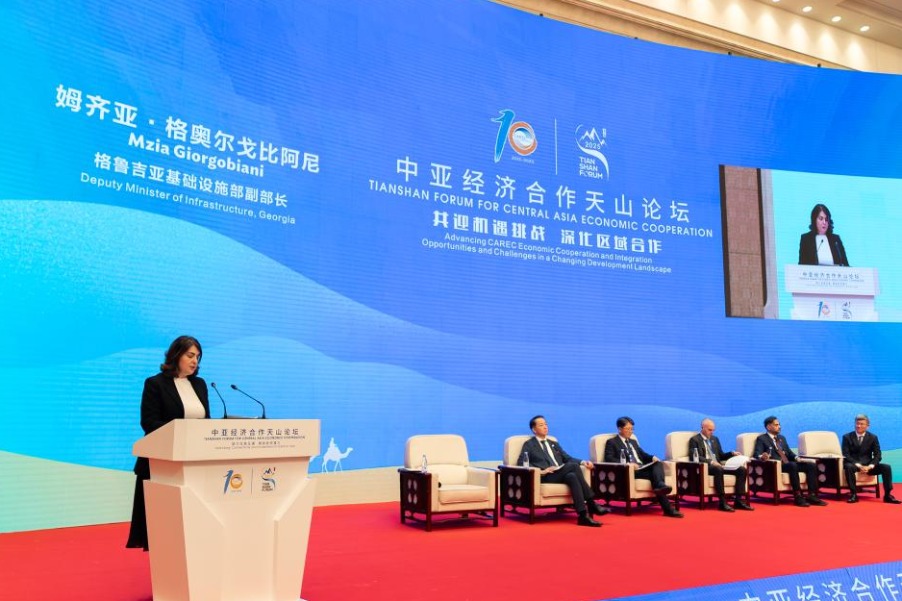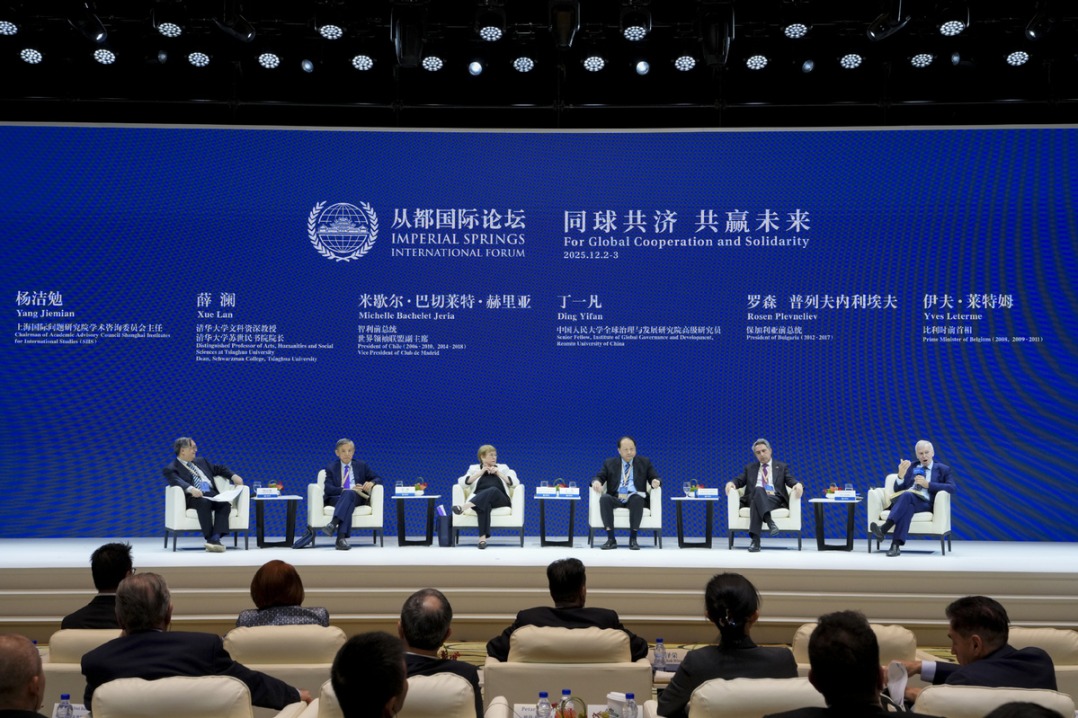China's island province aims for 100 pct new energy vehicles by 2030

BOAO — China's island province of Hainan plans to have all its vehicles run on new energy by 2030, provincial governor Shen Xiaoming said Monday.
"We are considering island-wide use of new energy vehicles (NEVs) by 2030," said Shen at the ongoing Boao Forum for Asia annual conference.
The government vehicles will be switched to NEVs first, then vehicles for public use like buses and taxis, and finally private cars, he said.
"We hope to be a model for global island economies in the promotion of green development," said Shen, adding that global warming is an issue of survival for the tropical island.
Hainan, endeavoring to build itself into an international tourism island, has more than 9 million people and about 1.18 million vehicles. It plans to introduce 5,600 NEVs into the market and build more than 10,000 recharging posts this year.
China signed the Paris Agreement in April 2016, giving a strong push to international efforts against global warming.
China expects the total production and sales of NEVs to hit 5 million by 2020. A total of 777,000 NEVs were sold on the Chinese market last year, up 53.3 percent year on year.





































